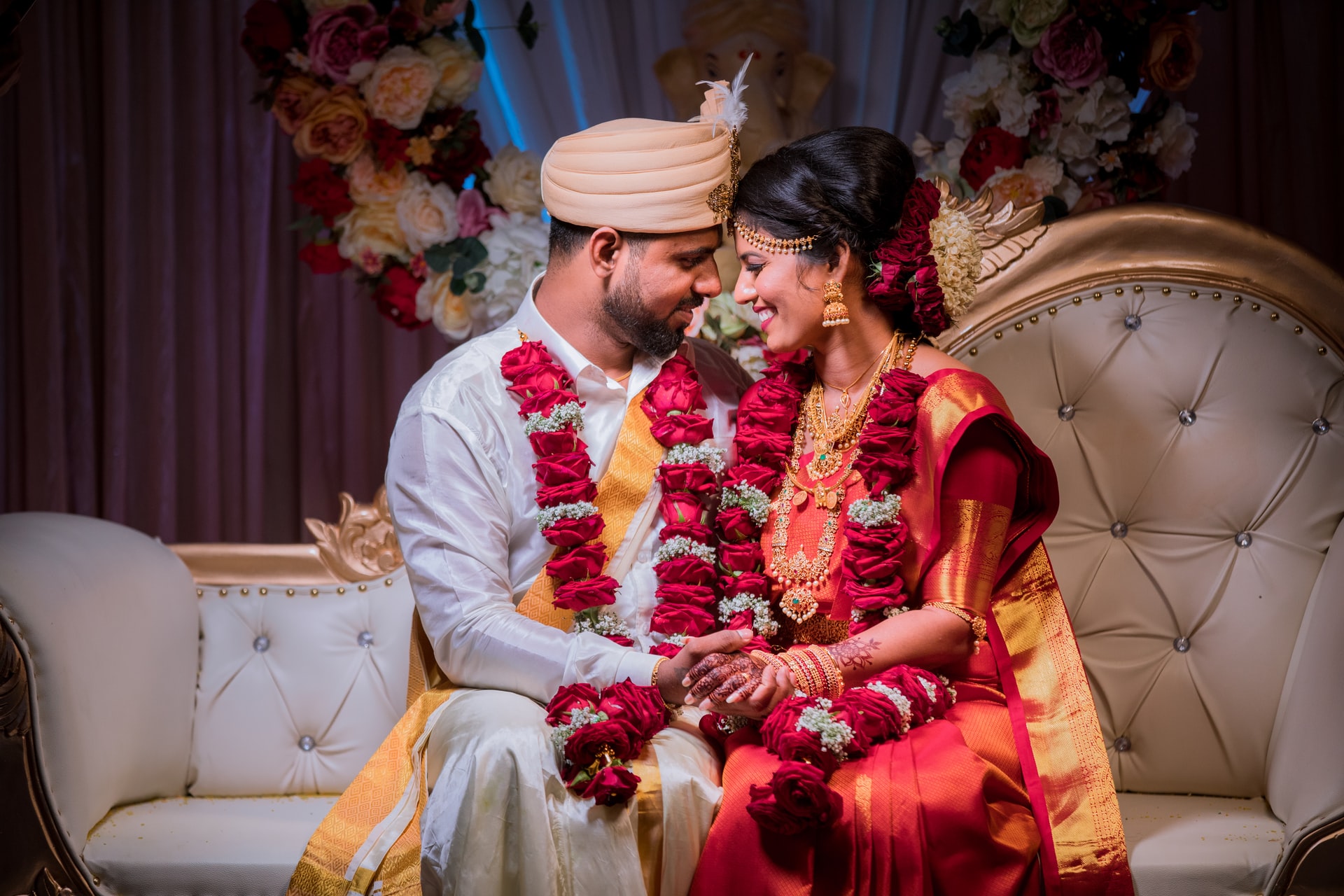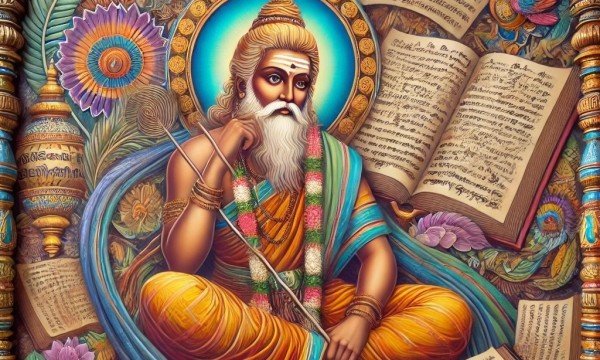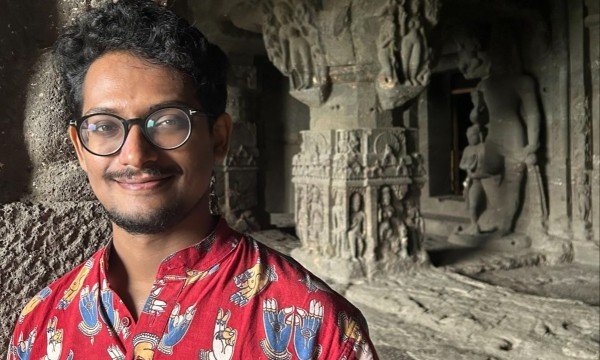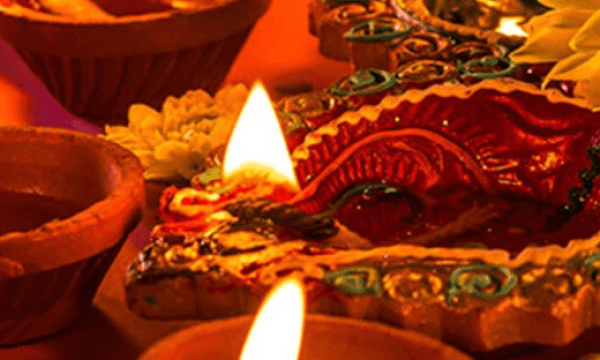
myTamilDate.com has been the most trusted dating community for single Tamils around the world for close to a decade! It’s the premiere dating platform for diaspora Tamils and has the largest membership base in Canada, USA, UK & more. You can join the community for free at www.myTamilDate.com.
Planning a Thamizh-Hindu wedding is no joke. You dream of this beautiful summer wedding, but are struggling to also book your dream venue, coordinate with your favourite vendors (two years ahead) and sort out dates with your family abroad to ensure that they can also be there for your big day. But, your parents put their foot down and tell you that you must go to the astrologer to figure out an auspicious date and time. Then, you learn from the astrologer that only two or three dates work for the entire year! Importantly, you learn that you can’t get married between mid-July to mid-August. It is the most inauspicious time to get married. Your summer wedding dreams are shattered. But why?
To answer this question, we’ll need to do some time traveling. Buckle up!
So, let’s go back in time. Some thousands of years ago, Thamizhs invented the Thamizh calendar (based on the solar cycle), which is separate from the Greogrian calendar that we are now accustomed to. Although there is debate on how we follow the Thamizh calendar today (e.g. the exact date of new year - whether April 14th is the new year), “Aadi” in the Thamizh calendar falls between mid-July to mid-August (according to the Greogrian calendar). It is during this period that weddings were and continue to be banned in Thamizh households. But, why?
A popular Hindu myth is that the entire month is considered to be night-time for the devas (demigods), so they go into a rest mode. During a Hindu wedding, the priest chants prayers to invite the Devas to the wedding to bless the couple. As such, they can't respond to the Hindu priests' invitation to attend the wedding (via chants). Thus, it is considered to be inauspicious to be married during this period.
WATCH NEXT: The Dating While Tamil Podcast
But, here’s the twist: the birth of the Thamizh month of Aadi is apparently not mentioned in Vedic scriptures (the holy scriptures of Hinduism). However, Thamizhs have been observing this for hundreds of years. So, what’s the real story?
Shocker alert –contrary to popular belief, Thamizhs didn't always observe Hindu practices. In fact, they had their own indigenous gods/goddesses and their own ways of worship prior to the introduction of what we now know as Hinduism. Today, these indigenous gods/goddesses have been merged with mainstream Hindu gods (more to come on this topic in upcoming articles).
Now let’s go back to ancient times again. During Aadi, Thamizh farmers start preparing for the new agricultural season, so would it be an ideal time to get married? No! So our ancestors avoided personal celebrations to focus on meeting the agricultural challenges of the upcoming year. Instead, festivities were conducted for the Thamizh indigenous Goddess of Rain, Mariamman, as rain is often nonexistent during the Aadi month. Naturally, for the villagers whose livelihood was farming depended on the rains for the fertility of the land. Hence, the rain became a goddess in their eyes.
Another interesting fact is that newlyweds were separated during Aadi as women who conceived during that month would give birth during April-May, the hottest months. This was to avoid the high infant mortality rate during the hot months back then. So, naturally, marriages were not recommended during this month. Interestingly, some villages in Tamil Nadu continue this practice.
So, our ancestors had practical reasons on why they followed certain traditions. These practices have a deeper meaning than the mythological stories that we are taught today.
Now that you know this, would you get married during the Aadi month?
To learn more about ancient Thamizh customs and practices follow @whatthepottu: https://www.instagram.com/whatthepottu/?hl=en
-Featured image by Sabesh Photography
**Looking to create your love story? Join the other couples who have dated and married through myTamilDate.com!***
"myTamilDate Love Story: Jenani & Nav Found Each Other At The Right Time And Right Place In Life"
"myTamilDate.com Love Story: Tharshi & Ravi Found Love During Lockdown"


























